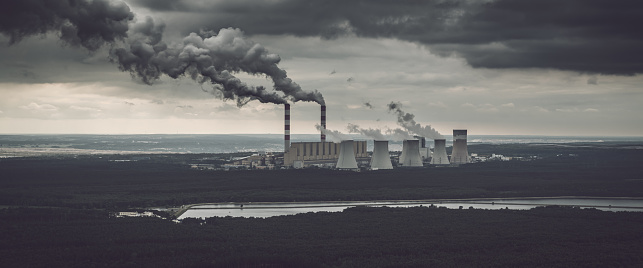
dzika_mrowka/iStock via Getty Images
The Environmental Protection Agency this week finalized tougher standards for soot emitted by power plants and factories, dealing another blow to the struggling U.S. coal industry.
The rule will require states to monitor air quality and meet a new standard of 9 micrograms of soot per cubic meter, down from the current 12, which the EPA says will prevent up to 4,500 premature deaths and save up to $46 billion in net health benefits by 2032.
The new rule will require some power plants that have been retrofitted to meet air pollution requirements, as well as cement plants and other industries, to use even more stringent controls to further reduce sources of soot pollution, the EPA said .
Various industry groups had opposed the proposal, arguing in part that it would make permitting needed factories and other projects more difficult.
The EPA will spend the next two years sampling air quality to find areas that don’t meet the new standard; states, tribes and municipalities have until 2032 to comply with the requirement.
ETFs: (NASDAQ: ICLN), (NASDAQ:QCLN), (PBW), (PBD), (ACES), (CNRG), (ERTH), (SMOG)